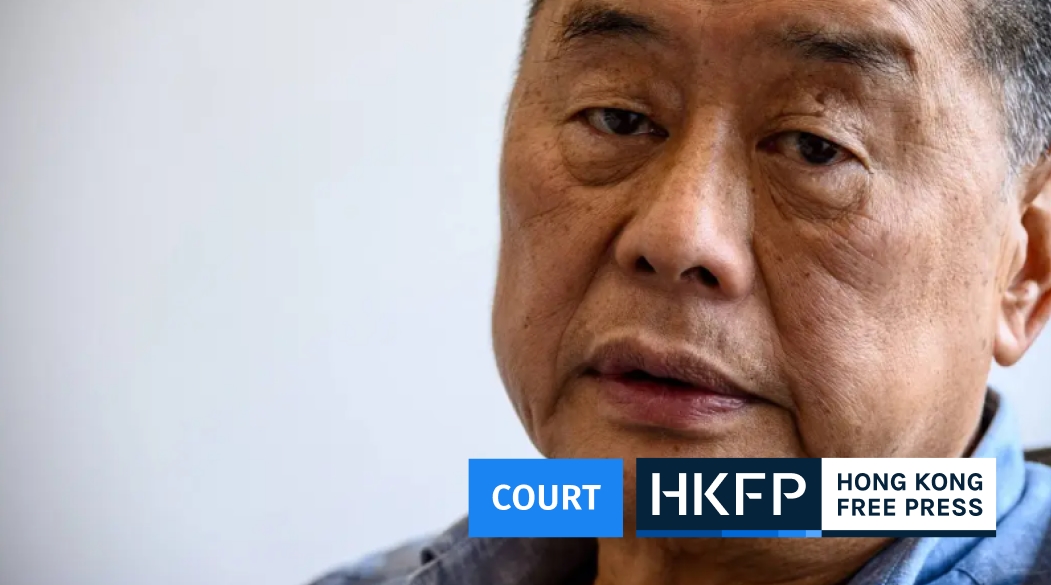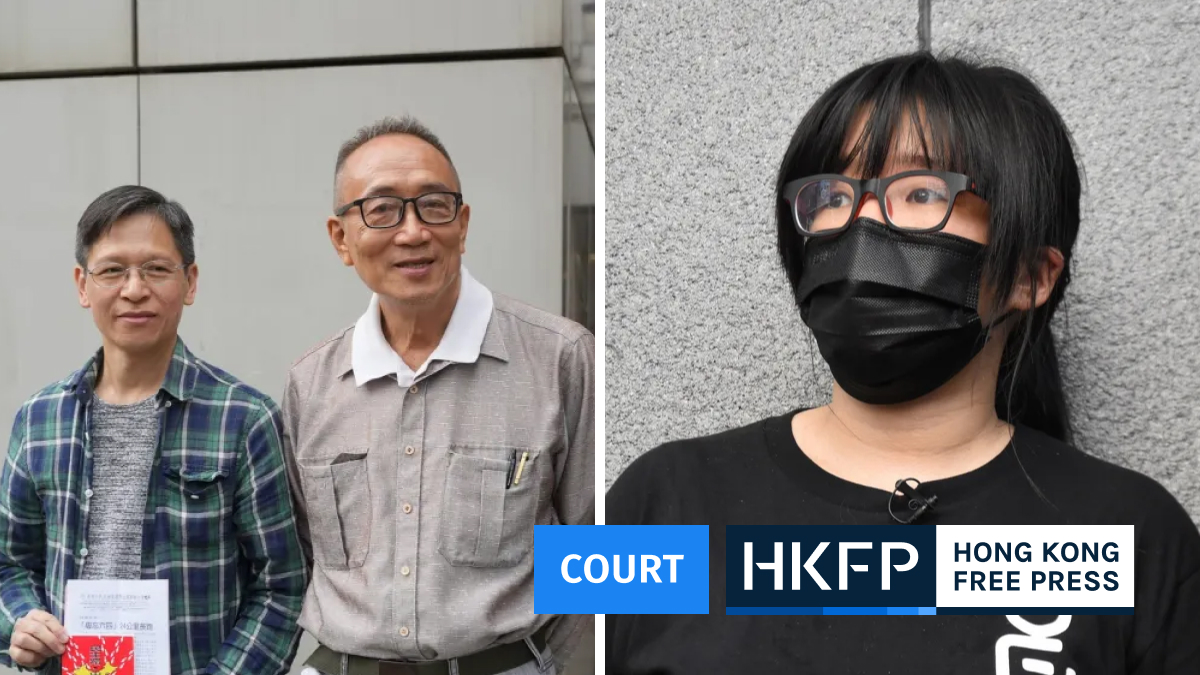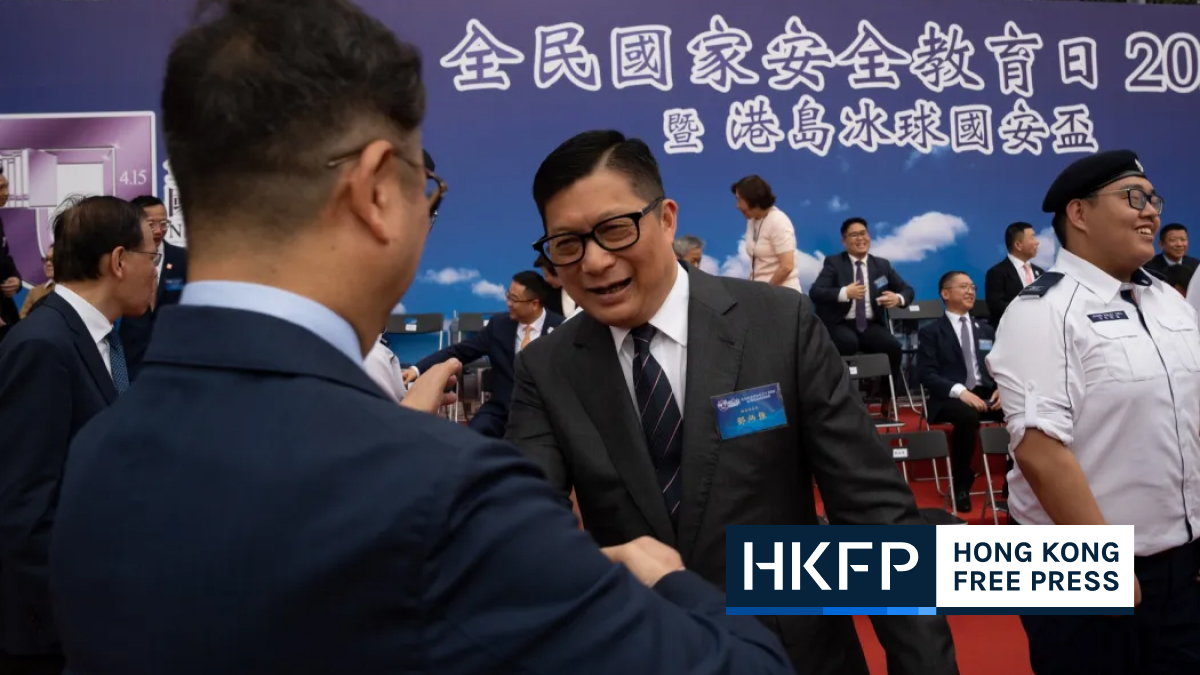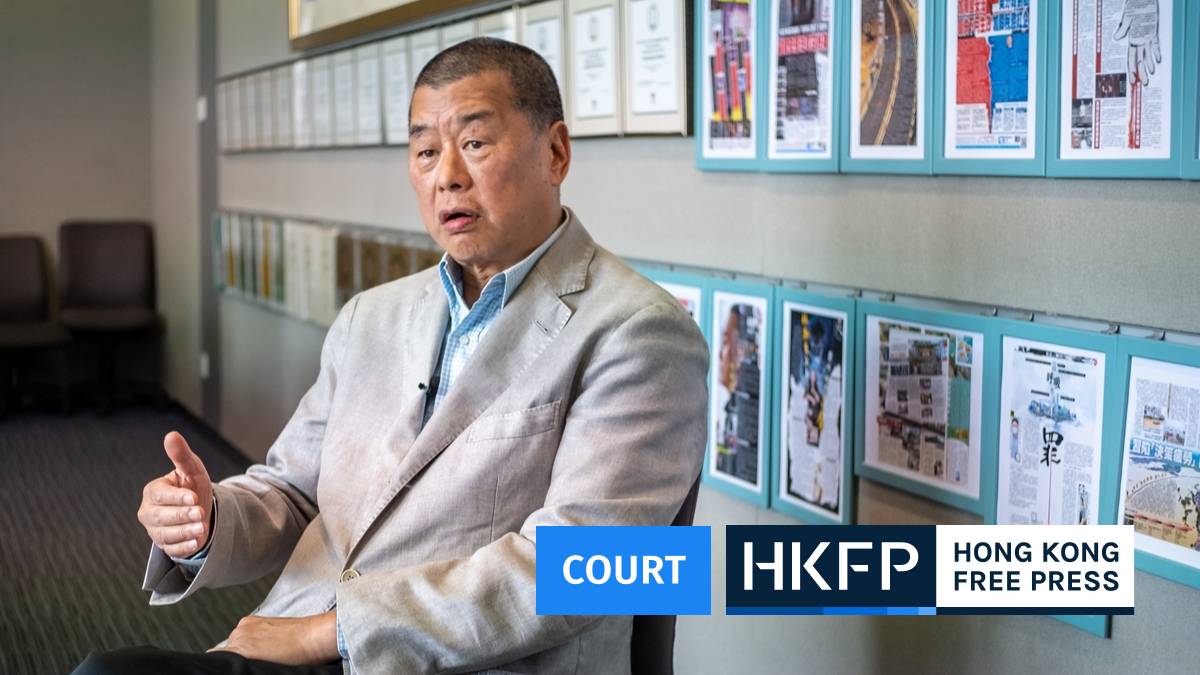No details on the HK$8 billlion national security special fund earmarked last December will be made public, however the fund’s financial statement has been vetted by independent auditors, the Hong Kong government has said.

In an annual report submitted to the Legislative Council on Wednesday about the city’s national security budget dubbed the “Special Fund,” the Financial Secretary’s Office said the funding is appropriated from Hong Kong’s general revenue with the chief executive’s approval.
‘The Special Fund’
The fund has a dedicated accounting and financial unit under the Committee on National Security secretariat, the report said. The unit’s accounting and financial policies – as well as its financial statements – are in line with “established policies and practice of the HKSAR Government,” it said, even though it is not subject to any existing Hong Kong laws.
The Special Fund’s expenditure has two categories: recurrent expenditure, such as salaries and allowances, expenses on engaging specialised services, rents and other operating and administrative costs; and then non-recurrent expenditure, such as funding for minor construction work, specialised equipment, system set-up, machinery and other capital expenditure.
The HK$8 billion has been allocated for “the coming few years.”

The financial secretary “will not disclose further details” concerning the fund’s use, the report read, but said it has been “independently audited” in accordance with the national security law and the Hong Kong Standards on Auditing.
“The independent auditor had issued an unqualified audit opinion on the financial statements,” it read, meaning that the auditor considered the financial statements to be fairly and appropriately presented by the government.
There is no information in the report as to the time periods covered by the independent audit.
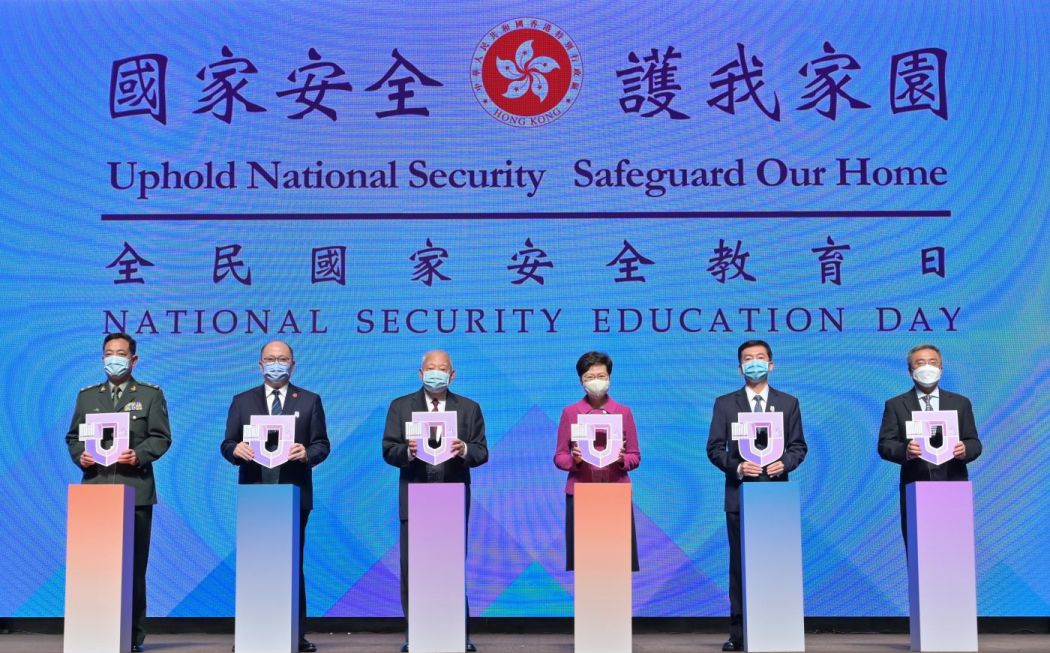
Meanwhile, pro-establishment lawmaker Stephen Ho asked Secretary for Security Chris Tang during Wednesday’s Legislative Council session whether the government or police could release more details on ongoing national security cases in order to “dispel fake news and disinformation,” as such cases may take years before a conviction is reached.
Tang said he agreed with Ho’s view and promised the government will do its best to make clarifications as soon as it can. However the government can only reveal details to the extent that it would not cause prejudice in an ongoing court case.
Tang also said that the bureau is examining legislating Article 23 of the Basic Law and reactivating rarely-used legislation to prosecute actions considered “not right.” The use of a colonial-era law to prosecute sedition cases had been a success, he said.
“We realised the [sedition] law was very suitable in the face of black violence,” Tang said, referring to the 2019 protests against a since-retracted bill that would allow extradition to China.
Meanwhile, other existing legislation the government could deploy for prosecuting acts endangering national security may include sections under the Societies’ Ordinance or the Companies (Winding Up and Miscellaneous Provisions) Ordinance, Tang said.
Support HKFP | Policies & Ethics | Error/typo? | Contact Us | Newsletter | Transparency & Annual Report | Apps
Help safeguard press freedom & keep HKFP free for all readers by supporting our team





















